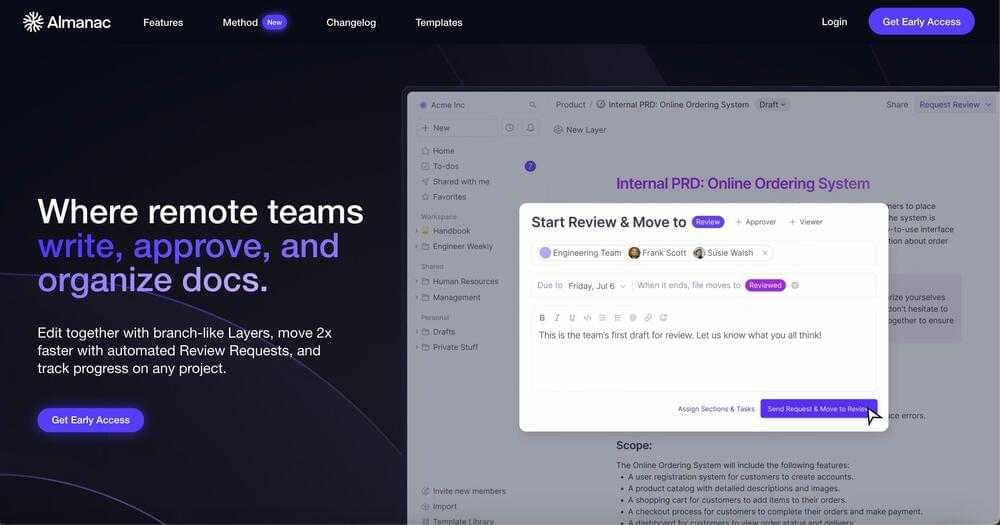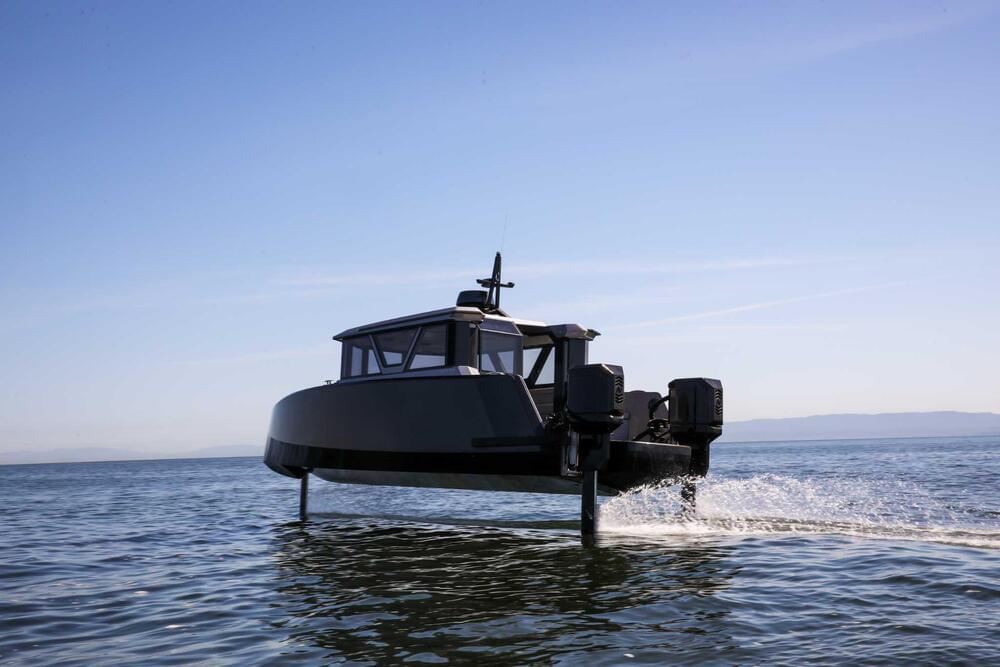Oh comforting solitude, how favorable thou art to original thought!


Coding & Productivity Tools suggests that other artificial intelligence (AI) tools are superior to ChatGPT in certain ways, yet they are not widely utilized. The video aims to showcase these tools and their unique features that make them stand out from ChatGPT, a widely known and popular AI tool. Delve into the features and benefits of these AI tools, explaining why they are better than ChatGPT and how they can enhance productivity in coding and other areas. In the video, you will find out why these tools have not gained widespread adoption despite their advantages over ChatGPT, perhaps discussing factors such as marketing or accessibility. Today’s video will likely be informative for those interested in AI tools and how they can improve productivity and efficiency in various fields.00:00 — Intro.
00:57 — Autonomous AI
01:16 — AgentGPT
04:41 — Ora.sh.
05:38 — Meetcody.ai.
07:11 — Jasper.
09:08 — literallyanything.io.
10:57 — My thoughts on AI
12:03 — Outro#BETTERThanChatGPT #tiffintech
Airplane startup Boom is set to make supersonic flight on airlines a reality with their all new plane called Overture. The Boom Overture supersonic plane is set to be the new Concorde breaking the sound barrier and speed of sound marking a next chapter in passenger Aviation. United Airlines is one of many companies that have already placed orders with Boom for their new supersonic plane and customers can expect to fly on this new plane in the next couple of years. Join us today as we learn more about Boom’s Supersonic plane called Overture.
What can I say? I found that thoroughly entertaining, and the animation style to be a little jerky but engrossing. The AI tools used to create this short are Elevenlabs, Runwayml’s GEN2, and ChatGPT-4.
This is interesting. The thing that stuck with me was the fact that the “mass” appearance and texture is consist in the different vignettes, what allows it to be the character it was intended to be as per the script. I wonder if this was achieved by frame referencing the prompt of additional vignettes with was originally created.

Some of the big AI tech companies (Google, Microsoft, OpenAI, and Anthropic) sat with Vice-President Kamala Harris for two hours on Thursday. President Biden stopped by the meeting, telling the execs “What you’re doing has enormous potential and enormous danger.” An “independent exercise” at DEF CON 31, a major hacker event in August, will provide a transparent public assessments of how well existing generative AI systems meet the Biden administration’s AI Bill of Rights blueprint.
Is it possible to get ahead of unintended consequences?

Companies are seeking innovative ways to improve collaboration and productivity as remote and hybrid work become more common. Google Workspace has invested in generative AI tools to reduce user workload, but Almanac.
Google Workspace has invested in generative AI tools to reduce user workload, but Almanac, a platform for structured collaboration, believes that getting humans to work better together can increase productivity.
Following a closed beta that included over 1,000 organizations, including Indeed and Cisco, the company is now releasing early access to its platform. Additionally, it provides insight into how businesses can improve collaboration through “The Modern Work Method,” based on interviews with over 5,000 business leaders.
Gamers have been clamoring for better non-player characters (NPCs) for years, and the arrival of conversational AI may finally provide the computing superpower to make it possible. Several companies are now using natural language processing AI for games and entertainment, customer service, training and education. Mindverse’s MindOS targets enterprise, while Inworld helps game designers create AI powered NPCs (non player characters), which they describe as “Mind as a Service” (MaaS).
I saw Inworld’s extraordinary AI at work while attending the Disney Accelerator demo last fall where Inworld powered a very, very chatty and diplomatic 3CPO robot.
AI-enabled NPCs will soon be ready for their close-up.

Advancing Nuclear Energy Science And Technology For U.S. Energy, Environmental And Economic Needs — Dr. Katy Huff, Ph.D. — Assistant Secretary, U.S. Department of Energy Office of Nuclear Energy, U.S. Department of Energy.
Dr. Kathryn Huff, Ph.D. (https://www.energy.gov/ne/person/dr-kathryn-huff) is Assistant Secretary, Office of Nuclear Energy, U.S. Department of Energy, where she leads their strategic mission to advance nuclear energy science and technology to meet U.S. energy, environmental, and economic needs, both realizing the potential of advanced technology, and leveraging the unique role of the government in spurring innovation.
Prior to her current role, Dr. Huff served as a Senior Advisor in the Office of the Secretary and also led the office as the Principal Deputy Assistant Secretary for Nuclear Energy.
Before joining the Department of Energy, Dr. Huff was an Assistant Professor in the Department of Nuclear, Plasma, and Radiological Engineering at the University of Illinois at Urbana-Champaign where she led the Advanced Reactors and Fuel Cycles Research Group. She was also a Blue Waters Assistant Professor with the National Center for Supercomputing Applications.
Dr. Huff was previously a Postdoctoral Fellow in both the Nuclear Science and Security Consortium and the Berkeley Institute for Data Science at the University of California — Berkeley. She received her PhD in Nuclear Engineering from the University of Wisconsin-Madison and her undergraduate degree in Physics from the University of Chicago. Her research focused on modeling and simulation of advanced nuclear reactors and fuel cycles.
Accelerating Breakthroughs in Critical and Emerging Technologies — Dr. Erwin Gianchandani, Ph.D. — Assistant Director for Technology, Innovation and Partnerships, U.S. National Science Foundation (NSF)
Dr. Erwin Gianchandani, Ph.D. is Assistant Director for Technology, Innovation and Partnerships, U.S. National Science Foundation, leading the newly established TIP Directorate (https://new.nsf.gov/tip/leadership).
The TIP Directorate is focused on harnessing the nation’s vast and diverse talent pool to advance critical and emerging technologies, addressing pressing societal and economic challenges, and accelerating the translation of research results from lab to market and society, ultimately improving U.S. competitiveness, growing the U.S. economy and training a diverse workforce for future, high-wage jobs.
Prior to becoming the Assistant Director for TIP, Dr. Gianchandani served as the senior advisor for Translation, Innovation and Partnerships, where he helped develop plans for the new TIP Directorate in collaboration with colleagues at NSF, other government agencies, industry, and academia.
During the previous six years, Dr. Gianchandani was the NSF deputy assistant director for Computer and Information Science and Engineering (CISE), twice serving as acting assistant director. His leadership and management of CISE included the formulation and implementation of the directorate’s $1 billion annual budget, strategic and human capital planning, and oversight of day-to-day operations for a team of over 130.